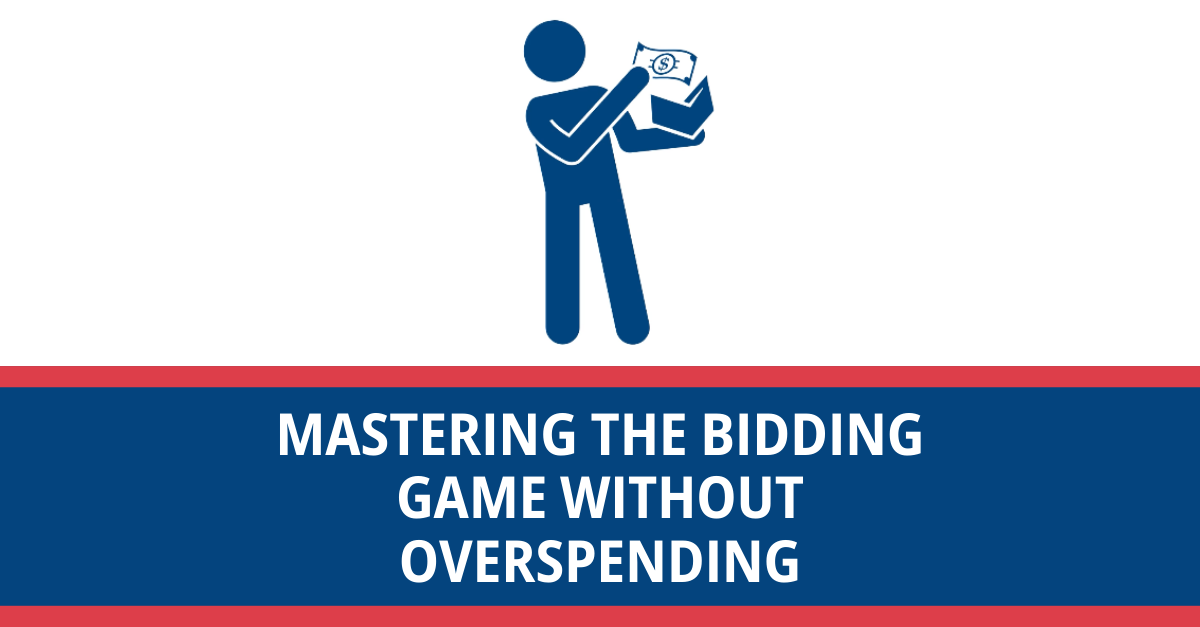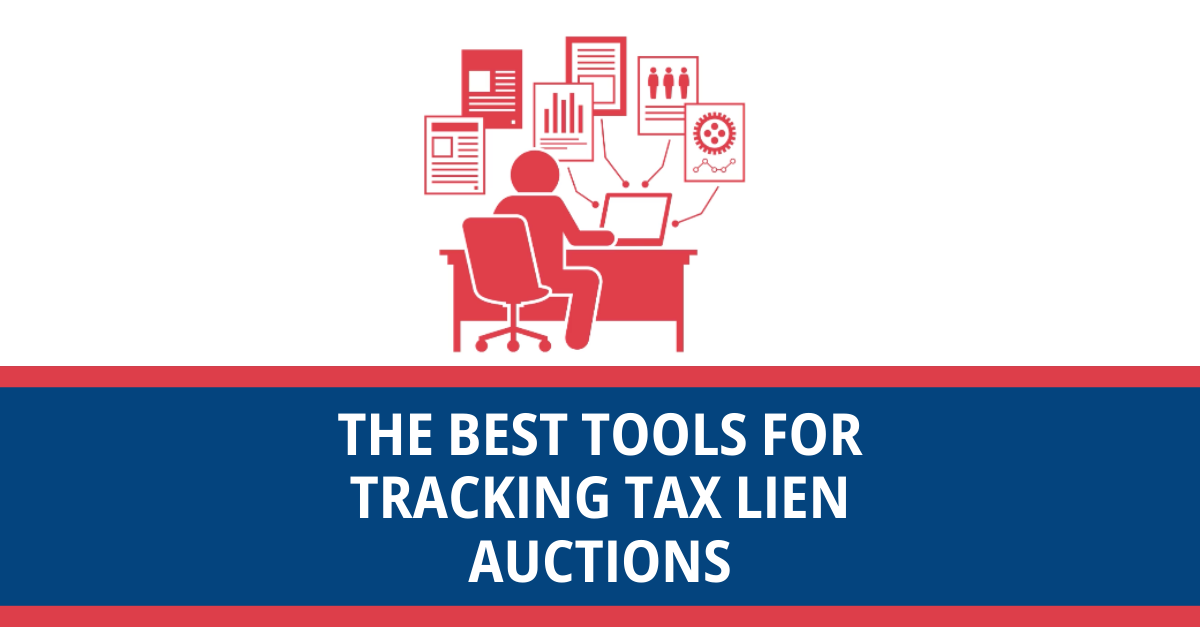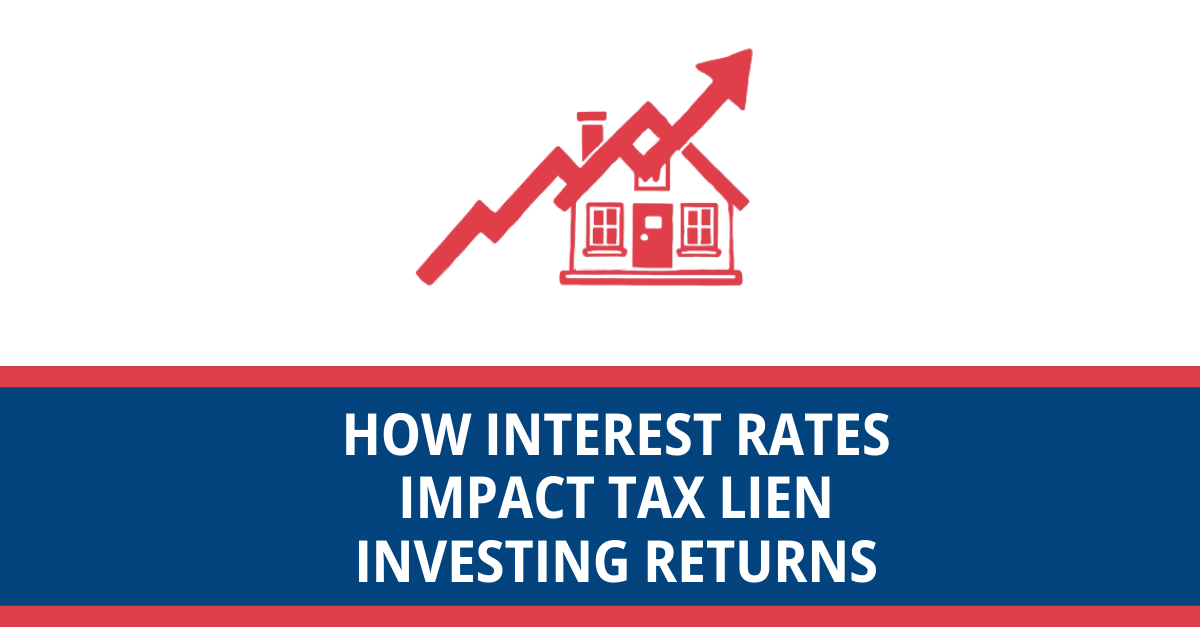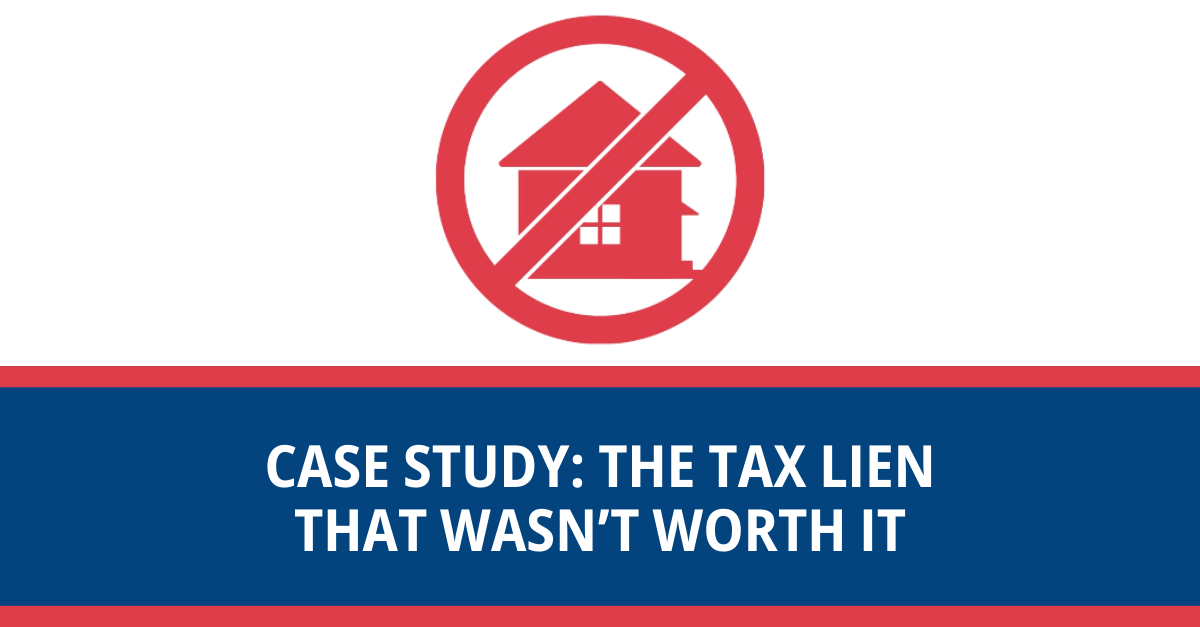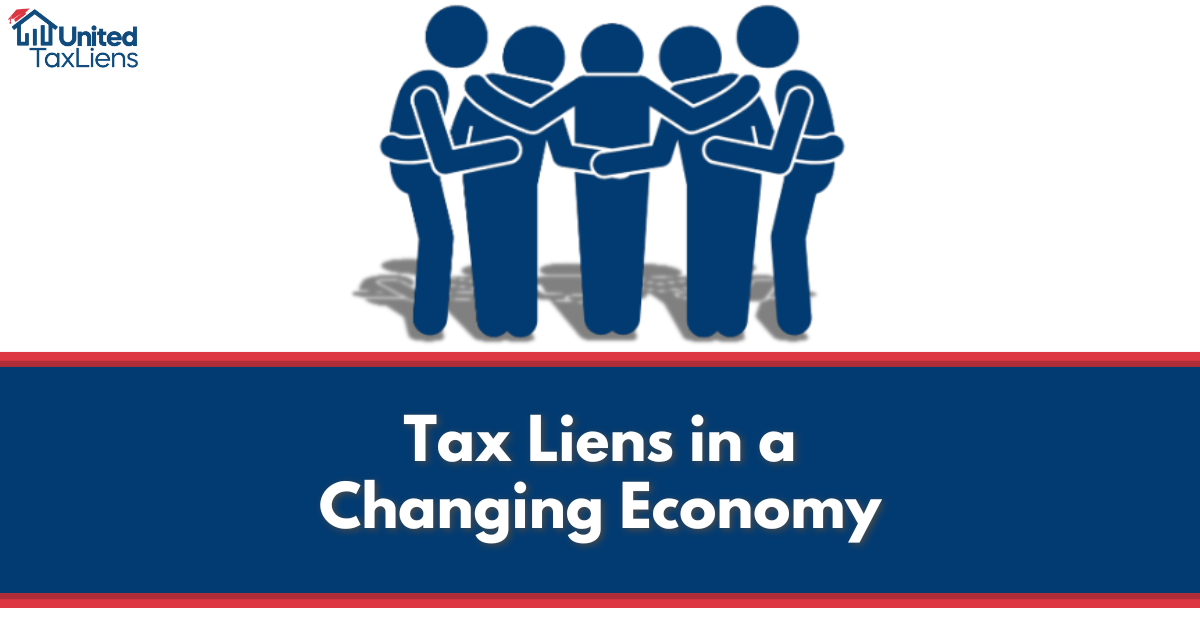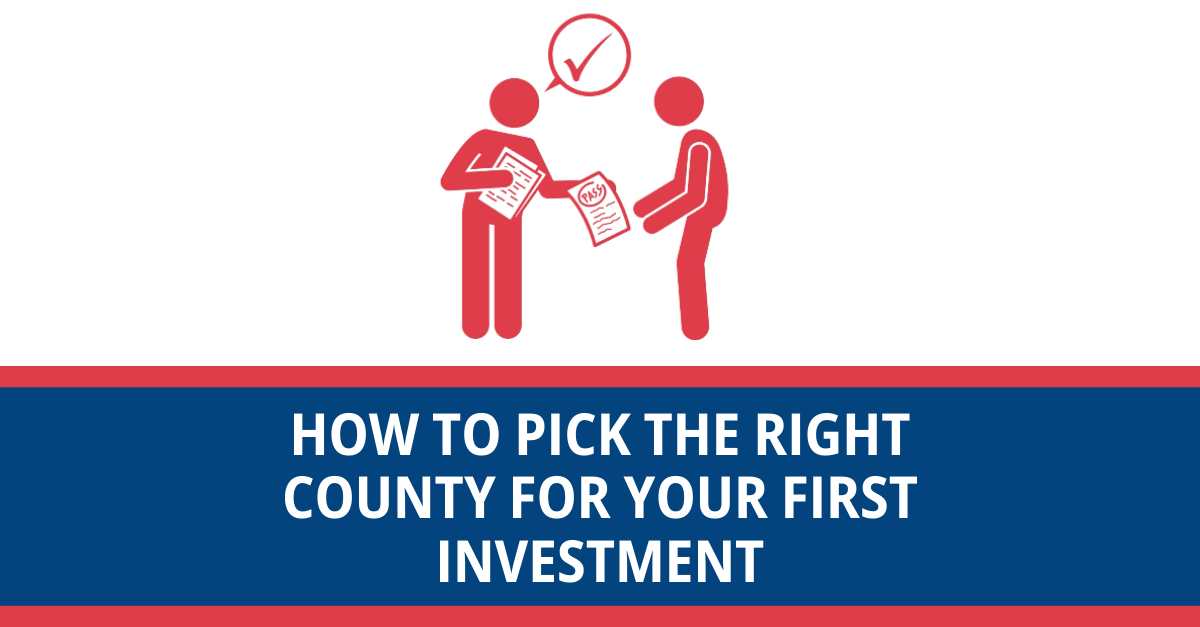
How to Pick the Right County for Your First Investment
The right county can save you years of frustration and mistakes.
Not all counties are created equal. Some make tax lien investing smooth and profitable. Others make it a bureaucratic nightmare.
Your first investment shouldn't be a learning experience in pain. Here's how to pick a county that sets you up for success.
The Five Traits of Investor-Friendly Counties
- Clear, Accessible Information
Best counties have:
- Updated online tax lists (Excel downloads, not scanned PDFs)
- Property record cards available digitally
- Clear auction rules posted on their website
Red flag counties:
- “Call us for information”
- Rules that change auction to auction
- Zero online presence
Test: Can you find their next auction date and download a property list in under 10 minutes? If no, move on.
- Reasonable Redemption Rates (70-90%)
You want counties where most owners redeem. This means steady, predictable returns.
How to find this: Call the county treasurer and ask: “What percentage of liens from the last auction have redeemed?” Good counties know this number.
Real life: Amy's first county had an 88% redemption rate. She deployed $40k across 12 liens. Ten redeemed within 18 months. Clean, easy, profitable.
- Responsive County Staff
Email the treasurer's office with a simple question: “What's your redemption period and interest rate?”
If they respond within 48 hours with a clear answer? Green light.
If you get silence or a runaround? Red flag.
- Fair Interest Rates (10-18%)
Too low (under 8%)? Not worth your time.
Too high (over 18%)? Usually means redemption rates tank.
Sweet spot: 10-16% in counties with strong redemption histories.
- Straightforward Auction Format
Best formats for beginners:
- Online auctions (you can watch and learn first)
- Bid-down interest (simple, fair)
- Clear start/end times
Avoid for your first time:
- Premium bid auctions (complicated math)
- Rotational/random selection (unpredictable)
- In-person only auctions in distant states
The Beginner-Friendly County Shortlist
States with consistently investor-friendly counties:
- Iowa (high redemption, clear rules)
- Arizona (strong interest rates, organized)
- Indiana (straightforward process, responsive staff)
Start here. Master one county. Then expand.
Your County Selection Checklist
Before committing: ✓ Can I access info online easily?
✓ Is redemption rate above 70%?
✓ Did staff respond to my email?
✓ Is interest rate 10-16%?
✓ Do I understand their auction format?
Five yes answers? You found a good first county.
Don't pick a county because it's close to home or because someone on YouTube mentioned it once. Pick it because the system is clear, the staff is helpful, and the numbers make sense.
Your first investment should teach you how tax liens work, not how broken counties operate.
🎯 The right county makes the whole process easier.
This blog is for informational purposes only and should not be relied upon as financial or investment advice. Real estate investing carries risks, and individual results will vary. Always consult with your team of professionals before making investment decisions. The authors and distributors of this material are not liable for any losses or damages that may occur as a result of relying on this information.
